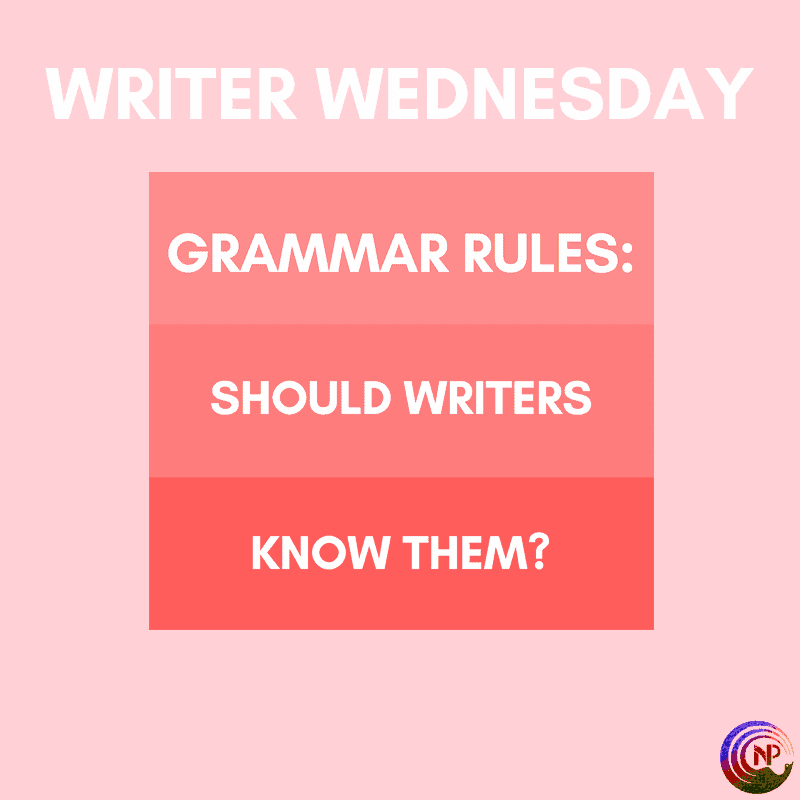I have a love-hate relationship with the English language when it comes to spelling and grammar rules. In case you didn’t know, English is not my first language. I learned it in high school, then taught myself the rest, improving even more once I moved to the States. And let’s face it: English is not an easy language to learn, especially all the nuances.
I learned a good portion of English through rules, not by growing up and hearing it all day long. In many ways, that has been advantageous to me, as I learned spelling and grammar through rules as well. It’s one of the reasons why I rarely misspell homophones like there/they’re/their, to/two/too, than/then, and others. I’ve learned how to spell these in context/writing, not by sound since I didn’t hear English before I could read it, so I never had a chance to learn it wrong.
(Sidenote: now that I do a lot of my writing through dictation, this does happen sometimes, as the dictation software doesn’t always make the correct choice here)
Another reason why this has helped me, is that I’m used to learning grammar rules. I speak a bunch of languages, and in all cases, I had to learn the rules. German, for instance, is horrible with its conjugations of articles (der, des, dem, den) and even nouns that change depending on its grammatical function.
Why You Need To Know Grammar Rules
Beginning writers often struggle with spelling and grammar, as this is something they left behind in school…and happily so. But if newbie writers ask me what they should work on first to improve their craft, my answer is often spelling and grammar, because as much as we complain about them: grammar rules help you as an author in various ways.
They Improve Your Writing
The more you understand about grammar, for instance the function of each word in the sentence, the better you’ll become at creating powerful words and sentences. It’s hard for instance to understand the resistance against adjectives and adverbs, or apply the admonishment to use strong verbs, when you’re clueless on what those are.
Take a book like Spellbinding Sentences, which has really helped me improve the words I use. I wouldn’t have been able to apply any of it without a knowledge of basic grammar…and I would’ve missed out on a lot of useful tips.
They’ll Help Your Books Become Better
The better you are in spelling and grammar, the better your book will be. Editors can only do so much…especially when you’re not willing to shell out big money for a more substantial editing process. Self-editing will be a lot easier and more effective if you know what you’re looking for. (My go-to book for tips on self editing is Self-Editing for Fiction Writers, by the way)
And speaking of editors…
They’ll Help You Find an Editor
I know of multiple editors who refuse manuscripts with too many errors in them, or who charge a higher fee for more mistakes than average. The “cleaner” and better your manuscript in terms of spelling and grammar, the easier it will be for you to find a good, affordable editor.
You’re taken Seriously
This may sound like a weird thing, but if you have the habit of using correct grammar and spelling, you’ll find yourself being taken more seriously. If readers see you misspell words in social media updates, it won’t give always them much confidence in your books. Of course you can have an editor, but first impressions count. The same is even more true if you’re ever looking for representation (an agent) or are querying publishers directly.
And even if you’re networking with other authors or are looking for a mentor, demonstrating a good grasp of the basics in grammar and spelling will make it much easier for you to find someone. A lot of authors won’t be willing to put in the time to teach you that aspect of writing, since it’s something you can easily teach yourself.

How To Learn More Grammar
The next question, then, is how you can become more proficient in grammar and spelling. There are a few ways, but the best three things to do are this:
Read a TON of Books
The more books you read (especially books that are well written and edited), the more you’ll pick up on rules. Notice things like formatting dialogue for instance, rules for capitalizing words, how certain words are spelled in your genre (the difference between come (verb) and cum (noun) for instance), how authors use italics, paragraphs, etc.
Read Books on Grammar/Writing
My single best investment over the years has been the money I’ve spent on books about grammar and creative writing. I have at least fifty on my shelves, and I’ve learned so much from them. I’ll do a post on my favorite writing books sometime soon, but I’ve listed a few at the end of this post.
Write and have It Edited
I learned a lot from my editors over the years on how to spell correctly, or certain grammar rules. The difference between grey and gray for instance, when to use an em-dash, or specific comma-rules. If you keep writing and invest in an editor, even when you may not publish that book, you’ll still learn tons.
Now, if grammar is not your strong point, no worries. First of all, you can learn. It may be hard and not a lot of fun, but grammar rules can be taught.
Even more important: even if you’ll never get the hang of commas, you can still be a great writer. Everyone has their strengths and weaknesses and while having a solid grasp on grammar will help you, it’s not the end-all or a complete career-blocker if you don’t have it. In the end, the stories will always matter more…


0 Comments